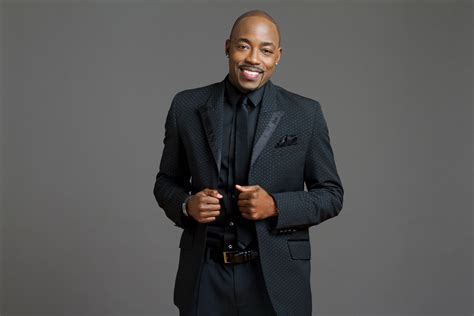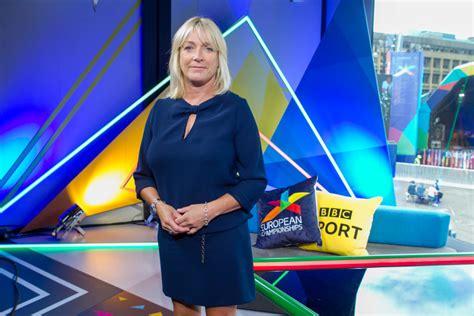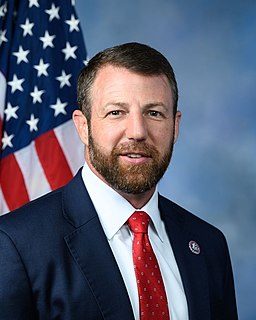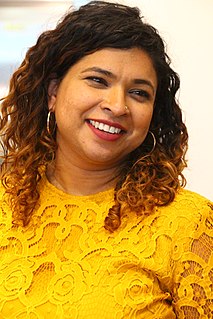A Quote by Rege-Jean Page
I have always found it curious that Americans consider Roots' an American story. I first watched it growing up in Zimbabwe, and I naturally saw it as an African story.
Related Quotes
There is a problem in America. An Irish or Polish American can write a story and it's an American story. When a Black American writes a story, it's called a Black story. I take exception to that. Every artist has articulated to his own experience. The problem is that some people do not see Blacks as Americans.
When I was a kid, I'd go to the African-American section in the bookstore, and I'd try and find African-American people I hadn't read before. So in that sense the category was useful to me. But it's not useful to me as I write. I don't sit down to write an African-American zombie story or an African-American story about elevators. I'm writing a story about elevators which happens to talk about race in different ways. Or I'm writing a zombie novel which doesn't have that much to do with being black in America. That novel is really about survival.
It's exciting to me that Ride Along is a movie that has two African American leads, but it's even more exciting to me that it's not a movie about two African American leads. They just happen to be African American. It's a universal story. It's a story about a guy in love with a girl, and he's gotta get the approval of the overbearing, mean brother. That's a universal theme.
It may be the optimist in me, but I think America has a uniquely powerful and capacious glue internally. The American identity has always been ethnically and religiously neutral, so within one generation you have Italian-Americans, Irish-Americans, Chinese-Americans, Jamaican-Americans - they feel American. It's a huge success story.
The story you envision as you start out is always a great story; when the facts turn out to be different from, or more complex than, what you expected, your first reaction is always disappointment. That's when you must fight the urge to bend the story to your preconceived notions. First, it's dishonest. And second, in the end, the truth is always the best story.
Lawrence Hill, a cultural and spiritual descendant of West African griots, has used his vast storytelling talents to create an epic story that spans three continents. The Book of Negroes recites the pain, misery and liberation of one African woman, Aminata Diallo, who was stolen from her homeland and sold into American slavery. Through Aminata, Hill narrates the terrifying story of slavery and puts at the centre a female experience of the African Diaspora. I wept upon reading this story. The Book of Negroes is courageous, breathtaking, simply brilliant.




































